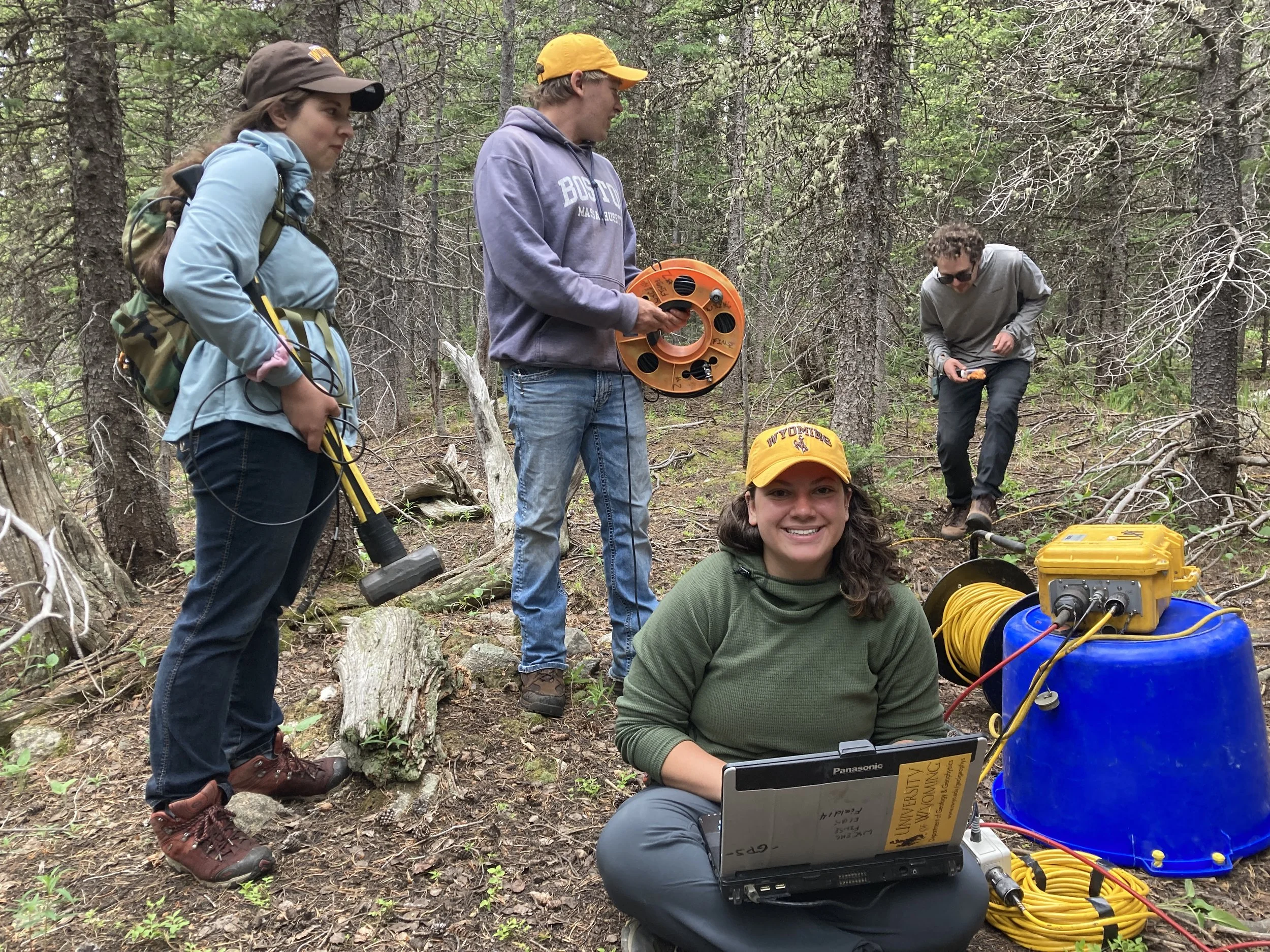Front Range Ecosystem Resilience Project
Development, climate change, and ecological sensitivity make mountain regions among the most fragile and rapidly changing environments on Earth (Immerzeel et al. 2020). Mountains support critical ecosystem services including clean water and air, biodiversity, habitat, opportunities for leisure, climate relief for increasing sections of society, and income sources via tourism and natural resources (Millenium Ecosystem Assessment 2005). Across ecosystems, public lands’ capacity is being increasingly strained by population growth and climate change, which is particularly worrying for Colorado’s well-loved mountain systems.
About the Project
Land managers in Colorado face significant challenges in managing the impacts of climate change, population growth, and tourism. Rigorous scientific approaches are needed to understand the processes and conditions that support ecosystem resilience and to support evidence-based decision-making. It is also critical that scientists and decision-makers understand the values, needs, and priorities of local communities.
This NSF-funded project, led by Dr. Keith Musselman at CU-Boulder’s Institute of Arctic and Alpine Research (INSTAAR), will assemble a team of interdisciplinary researchers and support unique cross-sector partnerships. Throughout the project, we will collect and integrate data regarding socio-cultural values, ecosystem processes, and land management considerations related to montane regions in the urban-wildland interface. For more about this project, check out the links below:
The Tram
Our hydrology team’s tram collects data about a variety of biotic and abiotic factors at INSTAAR’s Mountain Research Station.
Social Science for Resilience
A key objective of our work is to integrate social scientific data about land management and public values with natural scientific data about ecosystem health and resilience. The social science work on this project is coordinated by CSLC Director Dr. Amanda Carrico and ENVS graduate student Elizabeth Woolner.
The social science component of this project has two main objectives. The first is to better understand the challenges facing land managers in Colorado. We seek to better understand how land managers are coping with the challenges facing Colorado’s public lands, and scientists can support land management through research, data, and education. To accomplish this goal, we are reaching out to individuals involved in land management decisions throughout Colorado with an invitation to participate in a qualitative interview about their experiences.
The second phase of this work will use representative surveys to better understand the public priorities and preferences regarding how we should manage public lands and natural resources in Colorado.
If you have questions, comments, or suggestions related to this work, please e-mail centerslac@colorado.edu.
Our Team
Keith Musselman, Institute for Arctic and Alpine Research, CU-Boulder (Lead Investigator)
Peter Blanken, Geography, CU-Boulder
Brian Buma, Integrative Biology, CU-Denver
Amanda Carrico, Environmental Studies & CSLC, CU-Boulder
Yang Han, Field Technician, CU-Boulder
Eve-Lyn Hinckley, Ecology & Evolutionary Biology, CU-Boulder
Katherine Kelsey, Geography & Environmental Sciences, CU-Denver
John Knowles, College of Natural Science, California State University, Chico
Flavio Lehner, Earth and Atmospheric Sciences, Cornell University
Andrew Parsekian, Civil & Architectural Engineering, University of Wyoming
Nicolas Tarasewicz, PhD Student, CU-Boulder
Will Wieder, National Center for Atmospheric Research
Elizabeth Woolner, Social Science Graduate Research Coordinator, Department of Environmental Studies, CU-Boulder


